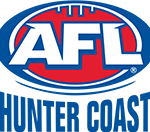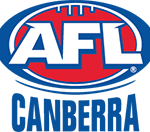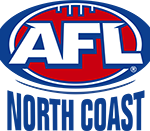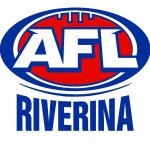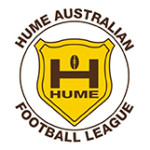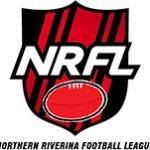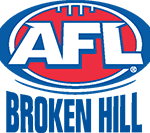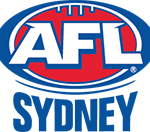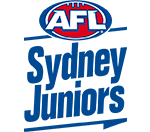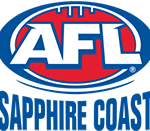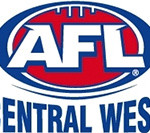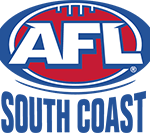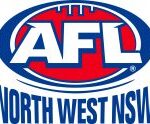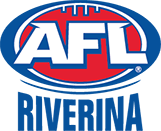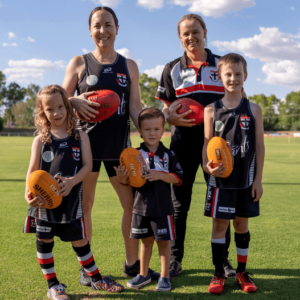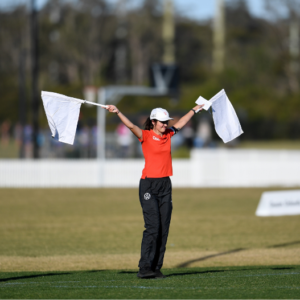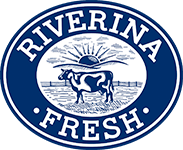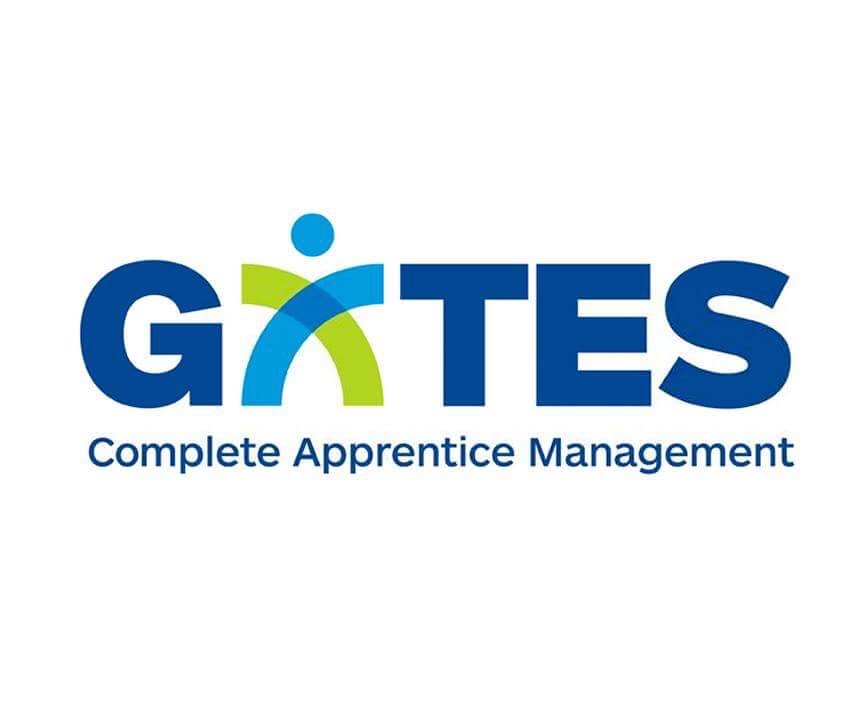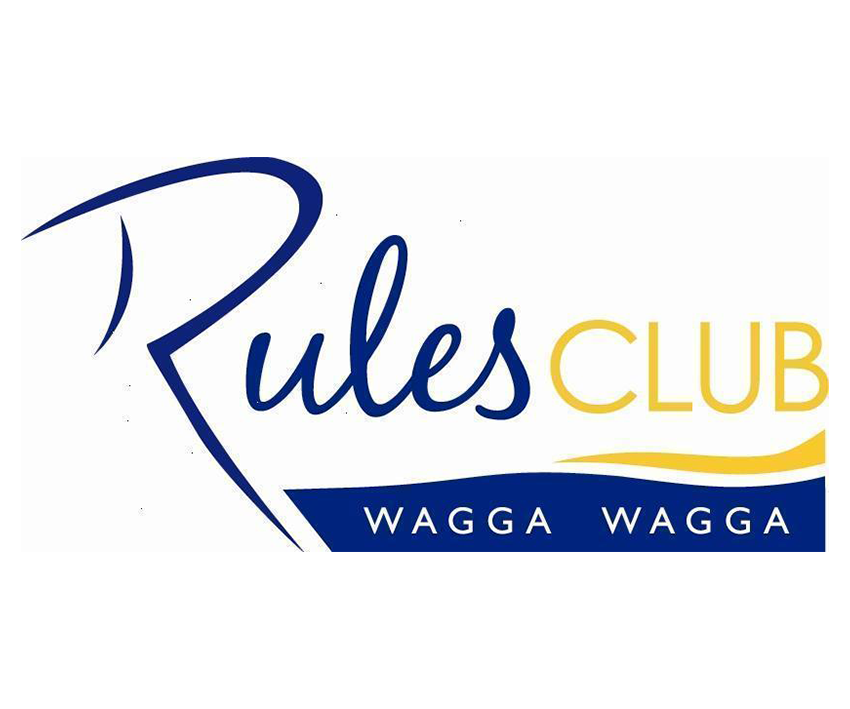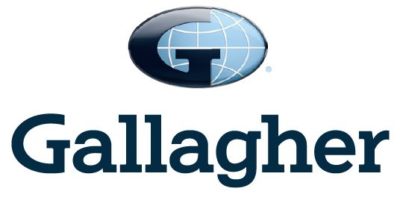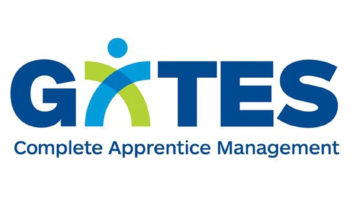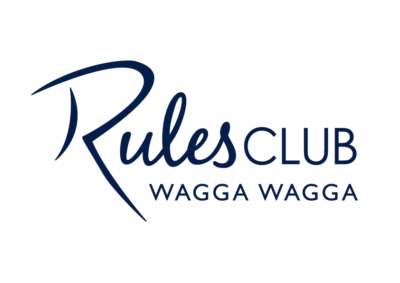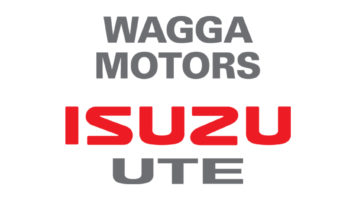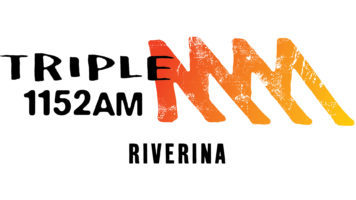Book Review – We Will Not Be Done: A Celebration of 100 Years

According to Marrar’s Coach of the Century, Johnny Hawke, Marrar have always been very hard to beat. “They always hang in there” he told me in an interview for this book review.
And that was from his perspective as an opposition coach. Johnny coached rival Central Riverina League (CRL) club Cootamundra for five years after coaching Ariah Park Mirrool in the South West league from 1961-65 including a premiership in 1962.
“They (Marrar) knocked us off in two grand finals in a row when I was coaching Coota. They just had this marvellous team spirit. They were all in it together. Everybody” Johnny told me.
“I was really pleased to be asked to coach Marrar by George Mohr, the publican. I went out there in the van to drop off some smallgoods, went to training, signed-on as coach and stayed overnight at the pub. I had the best time out there”.
Under Hawke, Marrar finished on top of the ladder and played Army in the grand final at Junee. At the height of the Vietnam conscription period, Army flew players back from interstate and won their second flag in a row.
According to the club’s history book We Will Not Be Done, “1971 was one of Marrar’s finest hours. All the Bombers played at their absolute best – perhaps above themselves – when the final siren sounded Army was five points in front”.
Although he only coached Marrar for two seasons, Johnny made an enormous impression on players and officials at the club. He was instrumental in the development of emerging stars Reg Hamilton, Bruce Matthew, John “Rip” Mohr, Geoff Eastick and Ross “Arab” Seymour, all of whom went on to be amongst the club’s all-time great players.
Marrar which has a population of 364 people (according to the 2016 Census) is situated roughly half-way between Junee and Coolamon on the South West railway line that went through the district in 1881. Following the arrival of the rail, the post office opened in 1902, then the land on the Marrar Station was opened for selection for small farms in 1907.
Football was played in Marrar as early as 1912 on a social basis but a lack of a suitable competition and the outbreak of WWI stalled the formation of a football club.
A football club was formed in 1918 and entered the Coolamon & District Football League. Marrar beat Ganmain in the challenge play-off to win a premiership in the first season.
There were two Langtrys in that first-ever Marrar premiership team; a name synonymous with Marrar over a hundred years later. In fact, the football ground is named Langtry Oval in honour of the family, who donated part of the land where the current ground is.
Two of the club’s greatest servants, father Bernie “Trinner” Langtry and son Terry “Fred” Langtry, have provided tremendous leadership for the club and are suitably honoured in the book. As is the patriarch, Phil Langtry, who was a club leader in the 1920s and 1930s.
The book produced by the club to document its history over one hundred years expertly captures the salient moments and the contribution of the players and officials for both football and netball. There is a vast array of photos of teams and personalities which supplement the narrative of not being easily beaten.
It adopts a review based on decades with year-by-year reports with the focus mostly on major events and club performance. The club’s office bearers, coaches, and award winners are included in this section rather than as an Appendix.
Teams of the Century for football and netball are both listed at the back of the book along with the club song. Mercifully, it’s not “See the Bombers Fly Up” but the club’s own compilation.
According to Deputy Prime Minister and former chief football writer for the Wagga Daily Advertiser, Michael McCormack, who grew up on a farm in the district and whose father played footy for Marrar in the Wagga league in the fifties, “Marrar has always been the smallest club in any competition it has played in, but always punched well above its weight”.
McCormack, who wrote the Foreword to the book, told me in a conversation for this review, “Loyalty and resilience. These are the hallmarks of the Marrar Football Netball Club”.
He also attributed the appointment of high quality coaches by the club as pivotal to their success naming Johnny Hawke, Graham “Curly” Ion, Lou Alchin, Danny Malone, Tony Hughes, and more recently, Riverina coaching maestro, Shane “Sparks” Lenon, who coached the Bombers to their centenary flag in 2017 by upsetting raging hot favourites Temora.
The 2017 centenary premiership came after demoralising grand final defeats in 2009 – 2011. As the club’s team song goes:
“The mighty Bombers just won’t quit We will not be done”
The above article was written by By Dr Rodney Gillett and first published at the NSW Australian Football History Society
Catherine Fox, We Will Not Be Done: A Celebration of 100 Years. Marrar Football & Netball Club. 2018. ISBN 978-0-646-98782-8.
